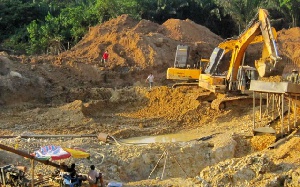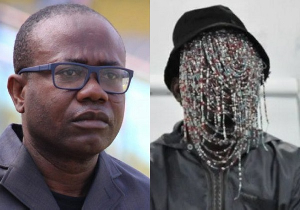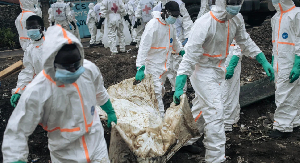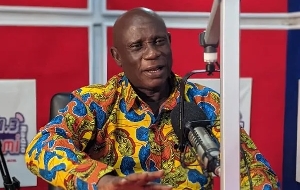Professor Emmanuel Danquah, a lecturer at the Faculty of Renewable Natural Resources at the Kwame Nkrumah University of Science and Technology (KNUST), has advised government to reconsider its intention of giving out the Atewa Forest for bauxite mining.
Speaking at the maiden national conference organised by the Faculty of Development Studies of the Presbyterian University College (PUC) at Akropong-Akuapem, Prof Danquah said Ghana risks suffering long-term disadvantages if it proceeds to mine bauxite in the Atewa Forest.
The academician indicated that though the country would make some profit from mining bauxite, it was also necessary to appreciate that the Atewa Forest is an important water source for most of the river bodies in the country.
The conference was on the theme: "Environmental management and livelihood: nexus towards the attainment of the sustainable development goals."
For his part, the Dean of Faculty of Development Studies of PUC, Dr Edward Wiafe, reiterated the need for government to reconsider its decision to safeguard the natural resources in the forest.
Joel Ayim Darkwa, Programme Officer for the UNDP, indicated that livelihoods and the environment are strongly interlinked, thus the need to protect the Atewa Forest.
He advocated a green economy to reduce environmental risks, scarcity and degradation, while creating economic opportunities for the people and communities.
In a similar development in Koforidua during a media engagement at the weekend on the need to conserve the environment, an environmental non-profit organisation, Arocha Ghana, indicated that if bauxite mining would take place in Ghana, it should be in the Nyinahin forest reserve and not in Atewa.
The Deputy National Director for Arocha, Daryl Bosu, explained that Atewa being a protective forest reserve, cannot be mined but Nyinahin forest reserve can be viable for bauxite mining since it is a productive reserve and has a larger size of minerals compared to Atewa.

















